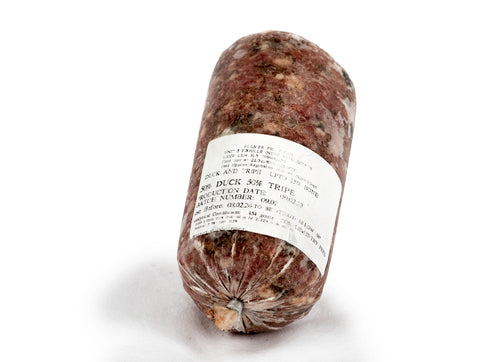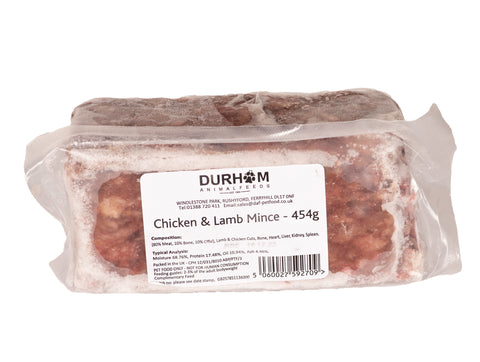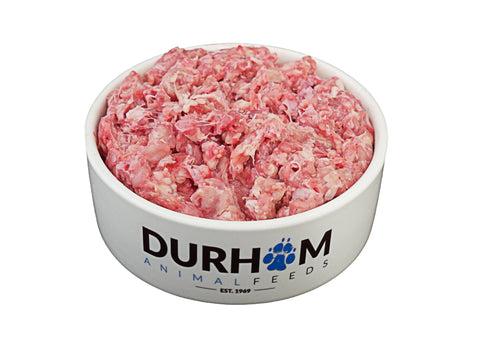Garden Pond Protection From Otter Predation


Introduction
Predation on valuable garden pond fish such as Koi, by a variety of predators, can cause upset and financial loss to pond fish keepers. This leaflet aims to provide you with information on otters and suggest some simple proactive measures that can be taken to help reduce or prevent predation on pond fish from happening. For more specialist information on otters, the UK Wild Otter Trust can provide comprehensive advice either via email: otters@ukwot.org or by telephone: 01598 760585 or 07866 462820.
Otter Facts
The Eurasian otter (Lutra lutra) (photo on left) is the species occurring in the UK. Including its tail, it is typically 1.2 metres long and weighs between 8 to 10 kg.
- Otters require 15 to 25% of their body weight per day in order to survive.
- A female otter’s territory range can be between 5 to 8 miles, whilst for male otters it is typically 25 miles (although their range can be as large as almost 50 miles!)
- Eurasian otters are opportunistic hunters. They do not hunt in packs but family groups of 3 or 4 otters may be seen when there are cubs to feed.
- The highest risk of otter predation on garden pond fish is during the winter months. This is due to otters moving away from streams and rivers as they flood, causing fast flowing water and therefore otters move away from such habitats in order to conserve energy during the winter months.
- Otters can potentially be hunting for food at any time during the day or night. However, it is likely that otters will visit garden ponds during the early hours of the morning as they are less likely to be disturbed.
Typical signs of otter predation
It is important to note that otters are not the only predators of garden pond fish and that there are other predators such as mink and herons. We provide below some ‘typical’ signs of otter predation if you suspect that an otter is predating your garden pond.
Otters can easily be distinguished from mink, as otters will have a distinctive cream or light brown chest.In terms of footprints and droppings (referred to as spraints (otters), scats (mink) or pellets (herons), the photos are shown below right are of otter footprints and spraints. In contrast, mink scats are often twisted, whilst herons will leave oval-shaped pellets.Otters will often only take the throat area from a fish kill and leave the rest of the carcass. This is due to the fish’s throat area containing its vital organs and these parts are the richest source of protein.
Another useful indicator of otters in ponds is if you observe frogs or toads that have been stripped of their skin. Inorder to reach the protein rich vital organs, otters have learnt to strip frogs and toads of their skin, which contains foul tasting acids.Otter kills of fish are often seen as a characteristic “V” shaped bite just behind the gills and in the throat area to access the vital organs. They will also take the complete head off of smaller fish and damage tails (usually as a result of chasing them). In contrast, mink kills will not leave a “V” shaped bite and will often take the heads of all fish (not just smaller fish). There will often also be bite marks or scratch marks observed at the back of the fish with mink kills. The typical signs of a heron kill will be a stab wound or mark down each side of the fish, if the heron misses as they will often take the whole fish as opposed to leaving some of the carcass to be found.
Otters and the law
The Eurasian otter is strictly protected under UK law. In addition, it is also listed as a European Protected Species (EPS), an EPS being the highest level of protection available for any species. This means that it is an offence under these laws to disturb an otter at its place of rest, shelter or breeding, either intentionally or unintentionally. It is also a criminal offence to disturb, destroy or tamper with its place of rest, shelter or breeding holts, either intentionally or unintentionally. To be found guilty of such an offence carries a penalty of a maximum of ten years imprisonment and/or a fine of £5,000. Otters can only be trapped, removed or relocated to any other site under strict licence by licenced bodies (of which there are very few). Such licenced movements only occur in very strict cases and only in relation to properly fenced commercial still water fisheries i.e., not garden ponds.
What can pond fish keepers do to protect their fish?
Garden pond fish are at greatest risk of being predated upon by otters during the winter months. However, there are a number of simple proactive measures which pond fish keepers can take to protect their fish from predation, such as:•
- As a winter measure (when hedgehogs will be (or should be) hibernating, ensure that your garden has been secured e.g. no gaps in fencing etc.
- Consider placing heavy gauge mesh over your pond during the winter months.• Do not use normal pond netting as this will not be effective.
- Note that otters can squeeze through a 100mm gap.
- Outside lights may deter predators.
- At present, sonic devices are untested to the frequencies of an otter’s hearing range.
- Simple one strand, low voltage electric fencing place around the edge of your pond may help. An otter’s fur does not provide any protection against low voltage electricity. However, be aware that if an otter is extremely hungry, it will be willing to take more of a risk in order to reach a food source.
- If the fish in your pond are predated upon and you notice dead fish, move any surviving fish to a holding pond, to leave your main pond empty.
- Do not restock your pond straight away if it is affected by predators.
Can you help?
The UK Wild Otter Trust are currently undertaking a project collecting data on pond predation by otters in order to build up a geographical picture of where these incidents are occurring in the UK.If your garden pond has been affected by otter predation and you can assist in this study, please provide the UK Wild Otter Trust with the information as below:• Your location (ideally a map grid reference or just general area. Please do not provide your address).• The type of fish which have been predated upon.• How many fish have been predated upon?Please forward this information to the UK Wild Otter Trust directly via email: otters@ukwot.org or by telephone: 01598 760585 or 07866 462820.







